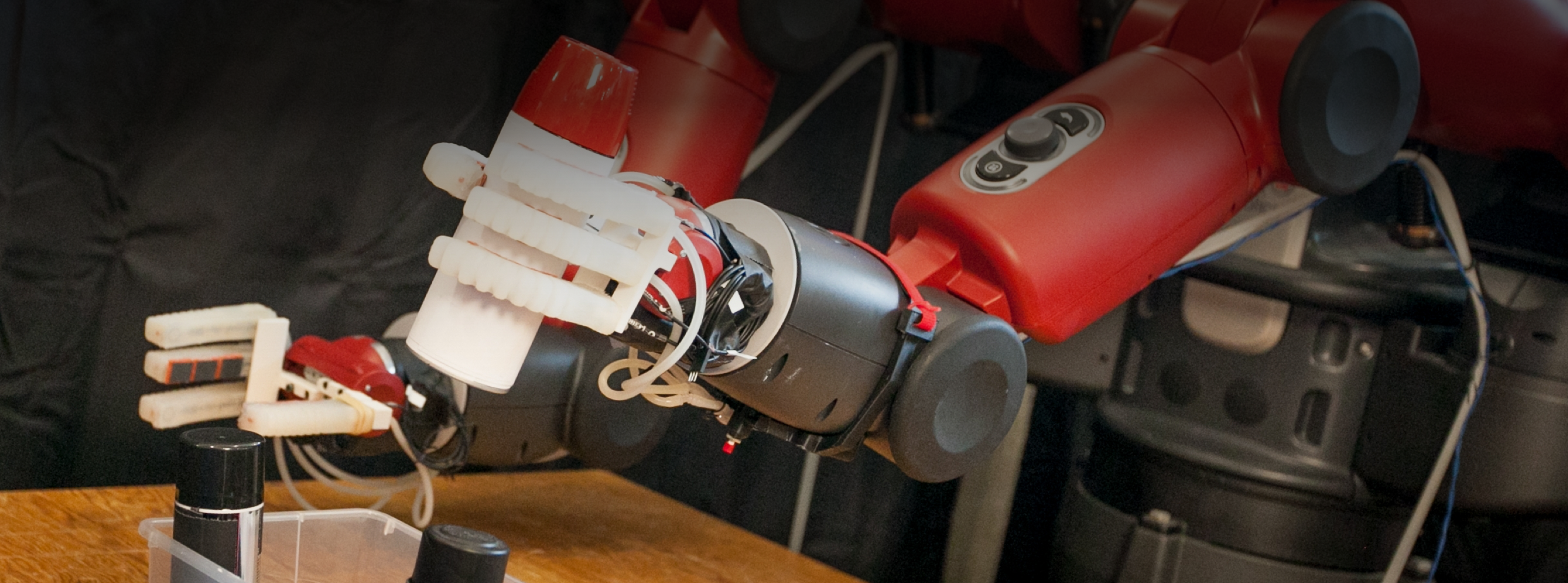Jacob Andreas’ research aims at building natural language interfaces to intelligent systems, as well as understanding the prediction problems that shape language and other representations. Current machine learning techniques fall short of human abilities in both their capacity to learn language and learn from language about the rest of the world, according to Andreas.
Andreas, an assistant professor at CSAIL, completed his PhD at UC Berkeley. He has been interested in artificial intelligence since the beginning of college and said natural language processing always felt like a piece of it. He is interested in anything that relates language to the real world or uses language as a tool for interacting with and understanding things in the real world.
“I’m working on systems that can take action in response to natural language commands that can answer questions and sort of reason about the world in response to natural language input,” Andreas said.
One project Andreas is currently excited to work on is using language to improve our ability to learn from demonstrations. For instance, a household robotic personal assistant will learn a new skill more through language than raw demonstrations. The idea is to build agents that learn more effectively and naturally from human feedback giving them the ability to take guidance and interpret other things they’ve been shown in the form of language.
Andreas said he’s always looking for new examples of data sets where natural language interaction could be more useful, such as complicated user work flows that can eventually become automated. These pieces of technology are applicable to things like household robotics, self-driving cars and customer support.
“I think the most interesting thing we can get from industry right now is data, and that in my group, we are always looking for interesting examples of sort of real world realistic user work flows and things that people would like to be able to automate,” Andreas said.
Andreas is looking to expedite tasks using natural language processing with complicated one-off tasks that usually require a lot of automation or tasks that are generally difficult for a human to complete.
“We can communicate our goals and ideas very effectively using the languages that we already speak,” Andreas said. “This is something that everybody could do.”

